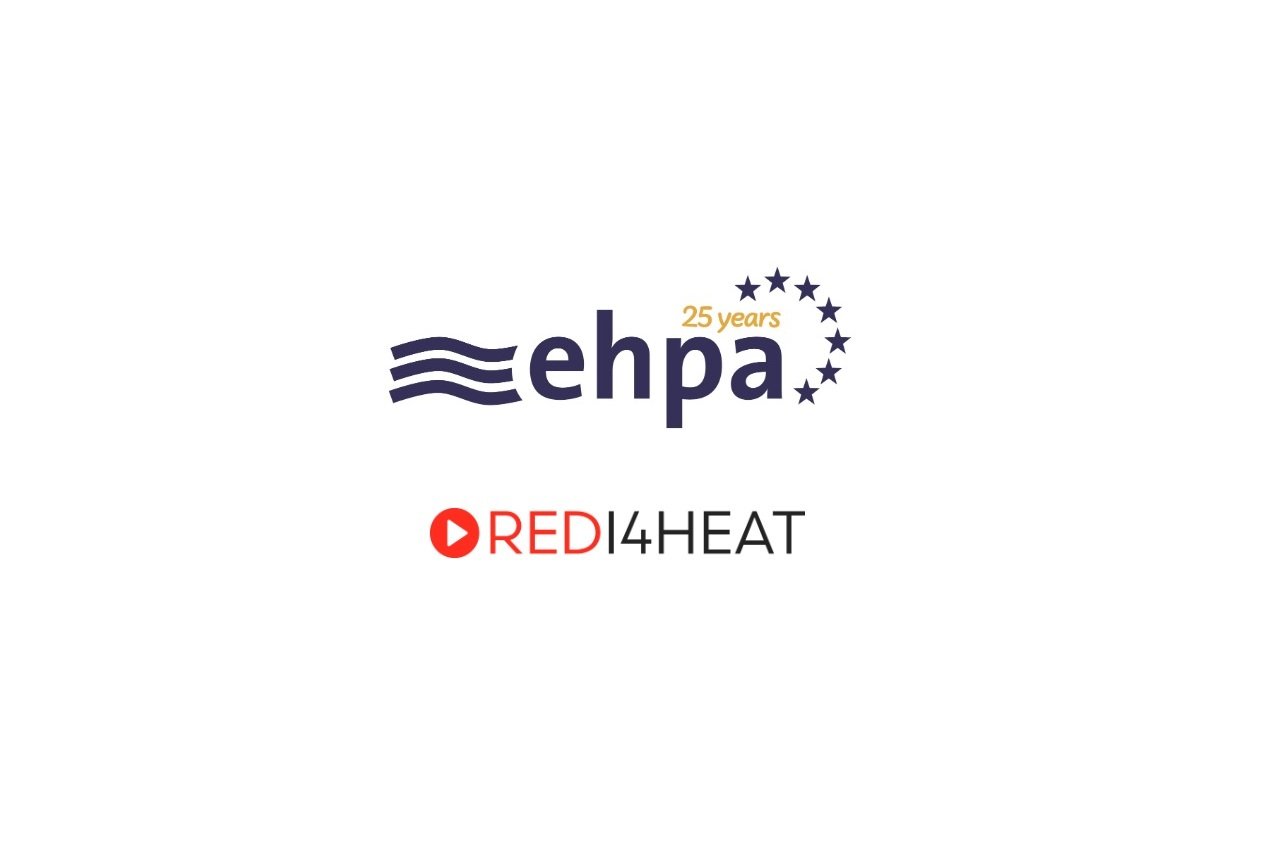On 24 June 2025, the REDI4Heat project hosted a webinar to discuss progress on renewable heating and cooling in Europe. The event, part of the EU-funded LIFE programme, highlighted tools and policy insights to help Member States meet climate targets.
Rosie Christodoulaki of the Greek Centre for Renewable Energy Sources and Saving (CRES) presented an analysis of updated National Energy and Climate Plans (NECPs) from Greece, Poland, Portugal, Croatia, and Germany. The review found varying levels of ambition and alignment with EU directives, such as the Renewable Energy Directive (RED III), Energy Efficiency Directive (EED), and Energy Performance of Buildings Directive (EPBD).
Greece’s revised NECP targets a 72.2% renewable energy share in buildings by 2030, well above the EU’s 49% benchmark. Measures include banning new oil burners from 2025 and requiring a 30% biodiesel blend in heating oil by 2030. The country aims for 84.1% renewable heating and cooling by 2050.
Poland’s updated plan sets clearer targets than its 2023 draft, aligning more closely with EU goals. It focuses on phasing out fossil fuels in residential heating. Portugal has strengthened its renewable targets while maintaining earlier energy consumption goals, moving closer to EU averages.
Croatia shows strong ambition in energy consumption targets but lags in renewable heat uptake. Germany has improved energy efficiency projections but still projects a below-average renewable share in heating and cooling.
Common challenges across the five countries include gaps between targets and implementation, limited funding, and unclear fossil fuel phase-out timelines.
Silvia Remedios of the Spanish Energy Agency ADENE introduced the REDI4Heat Knowledge Sharing Centre. The digital platform offers practical tools, such as the Heat Transition Toolbox and Policy Tracker, to support local planning and regulatory compliance.
Esteban Gas of Solar Heat Europe shared results from REDI4Heat’s replication workshops in Belgium, France, and the Netherlands. These sessions tested project tools and promoted knowledge exchange among stakeholders.
Gas noted that early engagement, clear guidance, and peer learning help address shared barriers to renewable heating and cooling deployment.
